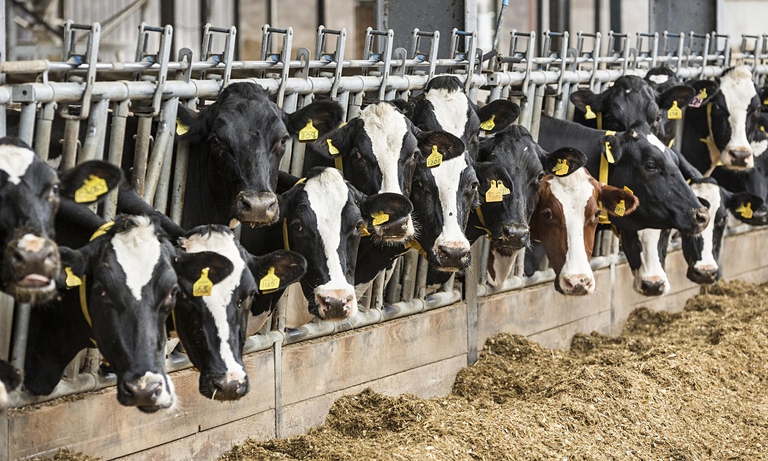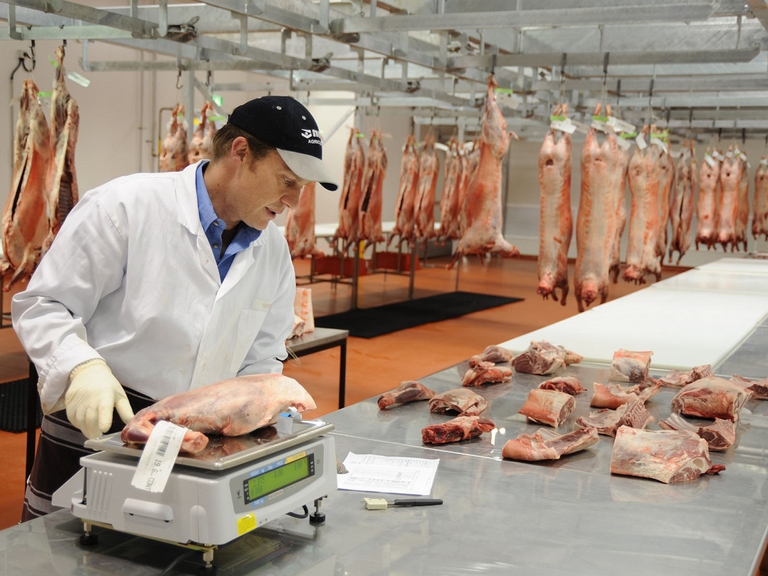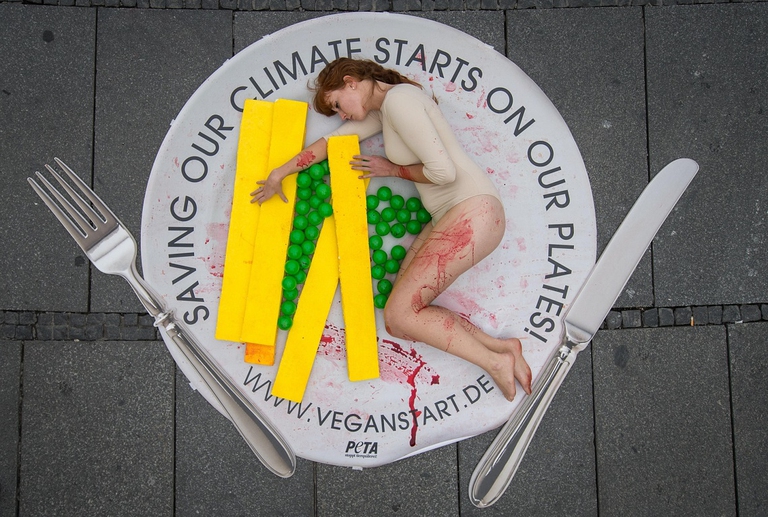
The Amazon became an alternative classroom during the pandemic. Now, the educational forest in Batraja, Bolivia, lives on to teach children and adults the value of nature.
Secondo uno studio condotto da Chatham House e dall’Università di Glasgow le persone sarebbero propense a ridurre il consumo di carne per motivi di salute e per ridurre l’impatto ambientale.
Can – what we consider – our meal contribute to dooming our planet? Yes, if it is made with meat. Animal farming produces more emissions than the total transport industry: breeding farms produce 32 billion tonnes of CO2 each year, i.e. 51% of global greenhouse gas emissions, whilst the industry of dairy products and meat use 30% of the global fresh water.
The low public awareness on the impact meat has is the greatest obstacle to hinder the phenomenon. In order to curb deforestation and reduce transports’ impact, governments took significant action, but there’s a huge gap as for animal husbandry.
This phenomenon could partly be curbed by taxing meat, increasing vegetarian food in schools, hospitals, and armed forces, and cutting subsidies to livestock farmers, all supported by effective information campaigns.
According to a research carried out by the UK independent association Chatham House and by the University of Glasgow, people would accept these restrictions if considered of public interest, such as smoking bans. The research involved 12 countries, including the United States, Brazil, China, and the UK, and has been realised through surveys and focus groups.
“The idea that interventions like this are too politically sensitive and too difficult to implement is unjustified,” said study’s author Laura Wellesley. “Our research shows that people expect governments to lead action on issues that are for the global good”.
If such trend is not curbed, meat consumption will increase by 75% by 2050. This growth would impede the achievement of the goal to keep the global temperature rise below 2°C.
In industrialised countries, meat consumption has already exceeded “healthy” levels and is strongly linked to increased onsets of hearth diseases and cancer. Indeed, the World Health Organisation has declared processed meat causes cancer.
According to the research, if the world population would reduce meat consumption to 70 grams per day, carbon emissions would be lowered to an amount equal to total US emissions, the second world’s emitter.
The ongoing climate talks at COP21 could represent the perfect scenario to make a speech on how meat impacts climate. According to the study, drastically reducing meat consumption would be the easiest and cheapest way to cut CO2 emissions, but actions aimed to reach this goal are currently non-existent.
N.B.: no author of the study is vegetarian or vegan, but the key is “creating a new public understanding that industrial production of meat is not only dangerous to your own health but to human ecology as a whole,” said Greg Philo, researcher at the Glasgow University.
Siamo anche su WhatsApp. Segui il canale ufficiale LifeGate per restare aggiornata, aggiornato sulle ultime notizie e sulle nostre attività.
![]()
Quest'opera è distribuita con Licenza Creative Commons Attribuzione - Non commerciale - Non opere derivate 4.0 Internazionale.
The Amazon became an alternative classroom during the pandemic. Now, the educational forest in Batraja, Bolivia, lives on to teach children and adults the value of nature.
Sharon Lavigne, one of the six winners of the 2021 Goldman Environmental Prize, is fighting to protect her community from plastics corporations.
Plastic pollution is airborne too. Microplastics are being carried across continents by the wind, as a recent study reveals.
Our species took its first steps in a world covered in trees. Today, forests offer us sustenance, shelter, and clean the air that we breathe.
Levels of particulates in New Delhi in 2020 were once again far above safety thresholds, with extremely serious health consequences for its citizens.
A major oil spill in the Ecuadorian Amazon in April has left the Coca River polluted. The indigenous Kichwa are suing the companies whose pipelines broke.
Molecules that eat up plastic waste, including PET bottles, may soon become widely used as scientists leap ahead in developing new super enzymes.
In Italy’s Land of Fires between Naples and Caserta, activists like Carmen Medaglia are fighting to promote new ways of managing waste.
Toxic substances in Kamchatka’s waters have killed 95% of marine fauna and caused health problems for surfers. The causes, however, are still unknown.










